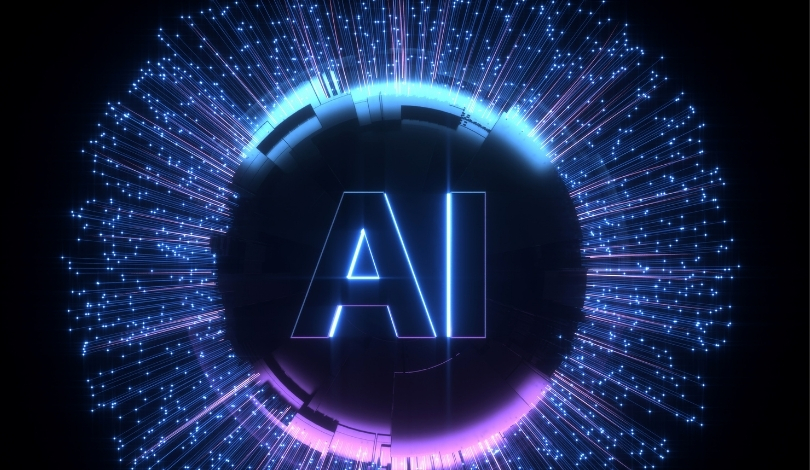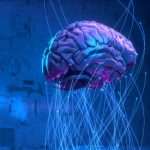Anthropic has introduced a collection of system prompts aimed at steering its Claude AI models, offering insights into how these systems are programmed to respond. With artificial intelligence becoming increasingly integrated into various sectors, transparency about how AI models are guided and controlled is critical. This move by Anthropic is seen as a step towards providing more clarity and understanding of AI behavior, which is often perceived as opaque and unpredictable.
Earlier information about Anthropic’s Claude AI models focused on the capabilities and potential applications of the technology, such as natural language processing and automated decision-making. The current revelation adds a layer of understanding by explaining the internal mechanisms that direct the AI’s responses. Unlike previous discussions that centered on performance metrics and use cases, the new disclosure delves into the ethical and operational frameworks that shape the AI’s actions.
System Prompts Unveiled
Anthropic’s latest initiative involves revealing the internal prompts used to guide the behavior of its Claude AI models. These prompts serve as predefined instructions that shape the responses of the AI, ensuring they align with specific guidelines and objectives. By making these prompts public, Anthropic aims to demystify the decision-making processes of its AI systems.
Implications for Transparency
The disclosure of system prompts is a significant move towards enhancing AI transparency. This initiative allows users and developers to gain a deeper understanding of how AI models generate responses. It also addresses concerns about the ethical implications of AI decision-making, providing a clearer picture of the safeguards in place to regulate AI behavior.
The unveiling of system prompts by Anthropic marks a notable development in the field of artificial intelligence. By providing greater transparency about how AI models like Claude are guided, it helps demystify the technology for both users and developers. This move also aligns with the broader trend towards ethical AI, ensuring that the systems are not only efficient but also operate within clearly defined moral and operational frameworks. As AI continues to evolve, such initiatives will be crucial for fostering trust and understanding between humans and machines.










